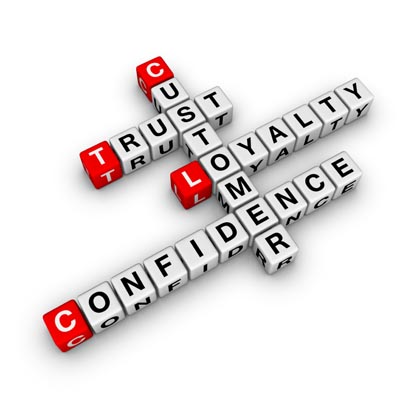 We’ve all been around someone who’s socially awkward and doesn’t even know it, but how about brands? Brands should be more human, but many aren’t. And why are so few brands developing the emotional connections consumers want? Given purchase decisions are emotion-driven, not objective rationality, why aren’t brands working harder to make those emotional connections or reflecting emotional intelligence in the shopper experience? Some are while others will remain emotionally vacuous. Maybe this is why…
We’ve all been around someone who’s socially awkward and doesn’t even know it, but how about brands? Brands should be more human, but many aren’t. And why are so few brands developing the emotional connections consumers want? Given purchase decisions are emotion-driven, not objective rationality, why aren’t brands working harder to make those emotional connections or reflecting emotional intelligence in the shopper experience? Some are while others will remain emotionally vacuous. Maybe this is why…
Rumsfeld’s Disease– Remember the now famous unknown unknowns comments? There are things we know we know about our brands; i.e., questions about our brands that we have the answers to. And there are things we know we don’t know about our brands; i.e., questions about our brands we don’t have the answers to. But when it comes to the unknown unknowns about our brands, companies aren’t even aware of the questions, let alone the answers.
Brand Anosognosia– Brands can get a form of anosognosia. An anosognosic person may be paralyzed and not even know it. Or they can be totally unaware of one half of their environment. This is not just a blind spot. I can know a blind spot is there (known unknown) and compensate for it. But an anosognosic person may literally shave one half of their face not even knowing they have another half or eat the food on exactly one half of their plate and not know the other half is there. Likewise, brands may be fabulous at managing the rational (features, benefits, pricing, etc.) but not even know there is an emotional side to their brand.
If a brand suffers from these types of ailments, it only has one course of action: it has to get help from outside itself. But since these brands might not even know they need help (unknown unknowns), how can this happen?
has to get help from outside itself. But since these brands might not even know they need help (unknown unknowns), how can this happen?
Answer: conferences. Conferences of all types. It’s during a conference (like the upcoming Private Brand Movement September 19-21 in Chicago sponsored by IIR USA) that attendees, while surrounded by peers, vendors and leading experts, hear questions asked and answers given that attendees never even knew they should ask. And making an “unknown unknown” into at least a “known unknown” is a step in the right direction. Perhaps conferences will lead to brands developing those emotional connections consumers want.